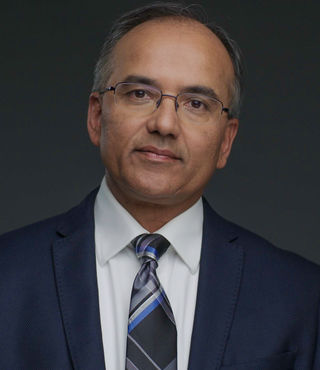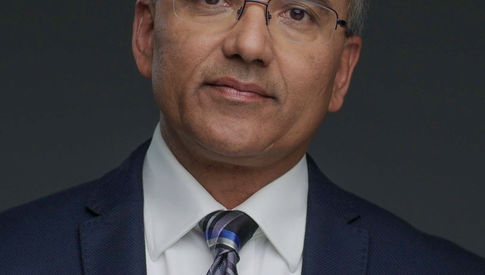Our pediatric electrophysiology team cares for children with heart rhythm disturbances. If you have a child with current or previous heart rhythm issues, seeing a pediatric electrophysiologist is very important to make sure they receive the proper treatment.
Why Choose Us for Pediatric Electrophysiology
- Compassionate care: We offer family-oriented, compassionate and individualized service.
- Focused care: Our goal is to offer electrophysiology care that maximizes the greatest benefit for your child.
- Safety: While using leading edge technology to care for your child, we place a strong emphasis on safety.
- Follow-up care: When children require implantable devices, full follow-up care is provided.
- Collaboration: Our cardiothoracic surgeons and electrophysiology team work together to provide your child's post-surgical care.
Electrophysiology Services
- Electrocardiogram: This simple test provides the baseline electrical activity output of a child’s heart and records any abnormalities. If test results are normal, further exams may be required to better understand a child’s heart rhythm issues.
- Electrophysiology testing: This non-surgical procedure inserts catheters into the heart to identify rhythm abnormalities. Because it is an invasive procedure, it is performed under general anesthesia for the child’s safety and comfort. This outpatient procedure lasts two to three hours, and most children are able to go home the same day.
- Catheter ablation: Ablation is a technique that targets any heart tissue responsible for abnormal heart rhythms. Both radio frequency ablation (which uses heat) and cryoablation (which uses cold) can be performed during electrophysiology testing; we choose the safest method of ablation for each child.
- Treadmill stress testing: This is a test that requires a child to run on a treadmill. The physical exertion can trigger abnormally fast heart rhythms or demonstrate other irregularities; this helps us see the nature of the child's condition and form the best care plan.
- Genetic evaluation: Because some life-threatening rhythms can run in families or result from genetic mutations, we provide genetic testing and evaluation.



